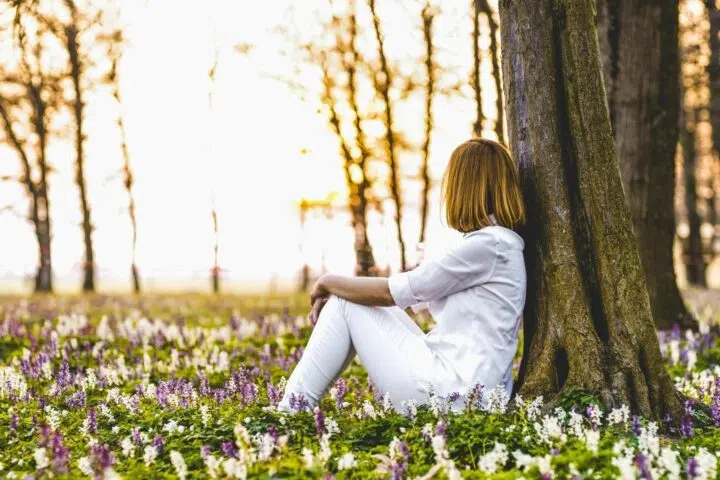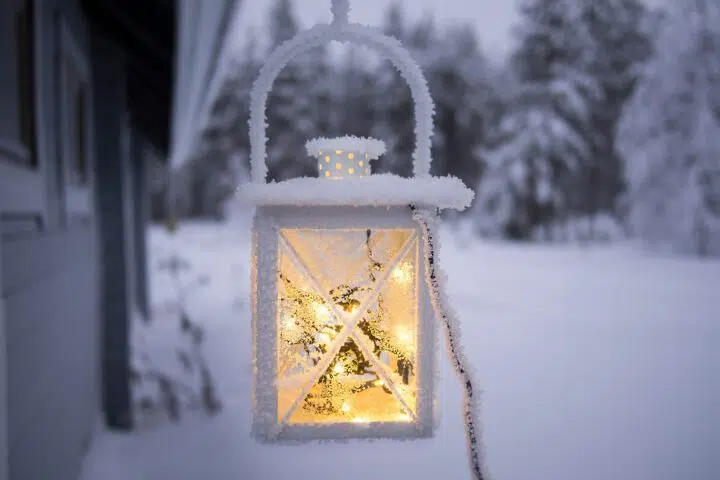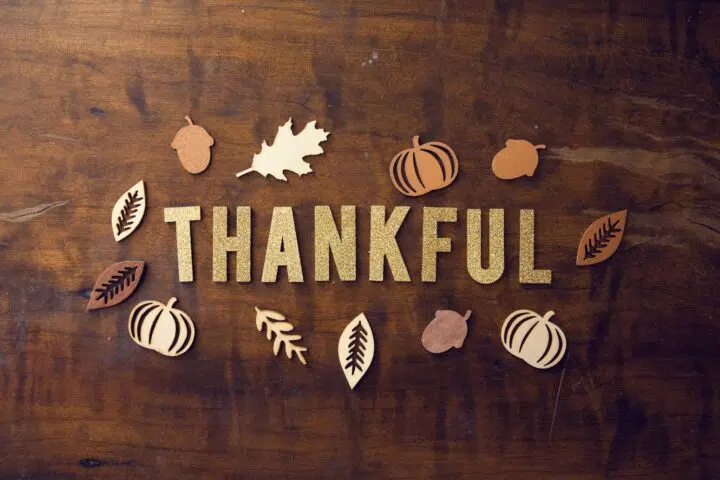Recently, I was interviewed for Veteran Voices: The Oral History Podcast. The show features people who tell veterans’ stories in creative and interesting ways, including oral historians, authors, poets, playwrights, videographers, photographers, etc. The host, Kevin Farkas, invited me to talk about my World War II novels, all of which are based on real people I’ve interviewed.
Before we recorded the podcast, Kevin asked me an interesting question. Given that my first book is based on interviews with civilian construction workers who were taken prisoner by the Japanese, he asked whether I thought that my being a woman had affected the interviews in any way.
It’s a fair question. After all, I was in my early 20s when I conducted those interviews, naïve and very feminine. And these men were talking about torture, injury, illness, death, etc. Did my age or gender cause them to hold back maybe? I didn’t get that impression at the time, but I did notice they’d often apologize for cussing or would preface their comments by saying, “Now this is a little rough” or “You sure you want to hear this?” Would they have said that to a man? Maybe. I’m not sure.
Because I behaved in a professional manner, because my questions were well thought out, because I showed sincere interest in their stories, and because I treated them with respect, I don’t think they held back much.
But I wonder now how often gender does affect our art, and not just because, once again, a Hollywood mogul (Harvey Weinstein) is in the news for harassing his female employees. Certainly sexual harassment has been a problem for female artists going way back. And think of the female writers or photographers who first covered front-line battles or were the first to enter the locker room at a sporting event. We all know the challenges they have faced.
But what about men? Does their gender ever inhibit them? Were the women they interviewed while writing their books or plays as forthcoming with them as they would have been with a female interviewer? Does a male photographer have to change his demeanor in order to make his female subjects feel more secure or, conversely, less inhibited?
I’ll go out on a limb to say my female artist friends seem to struggle more to get their work done. We still live in a world where women are expected to deal with most of the household and child concerns, are mostly responsible for aging parents, and do the bulk of the volunteer work in our communities.
This is a conversation that could go on and on and has so many layers. It’s a conversation I hope we continue to have. The more we understand each other and our unique challenges, the better we can support one another. And to me, that’s what it’s all about.
If you are curious about that podcast (Kevin dug a bit deeper into my artistic processes than most interviewers), you can click here.
If you like this post, please share


